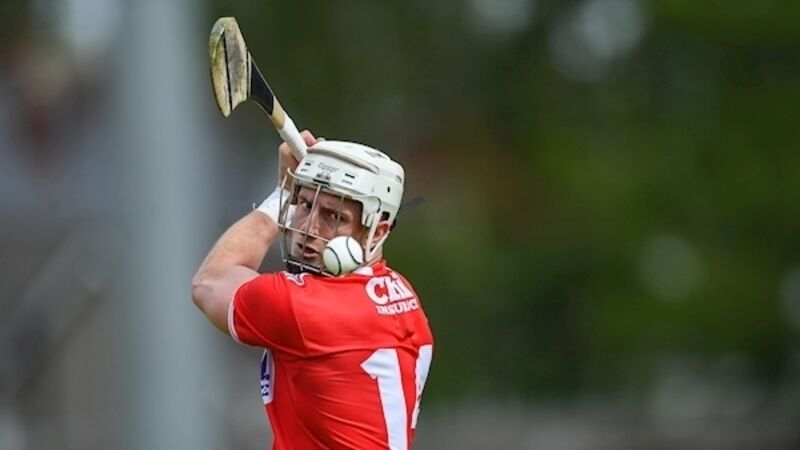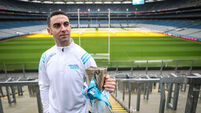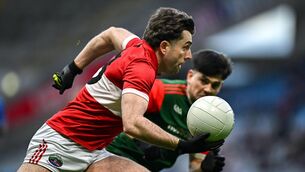Bank of positivity ensured Cork didn't dip into the red after Tipp loss

Tonight, Cork face a Waterford side in crisis but the Leesiders are forewarned. Last year, the sides also met in the last game of the championship with nothing at stake for the Déise, but Cork only pulled away in the final minutes.
Lesson learned, says Cork selector Donal O’Mahony. “We’re at the business end of the championship now, so there can be no surprises, really. Everyone can beat everyone else on any given day.














